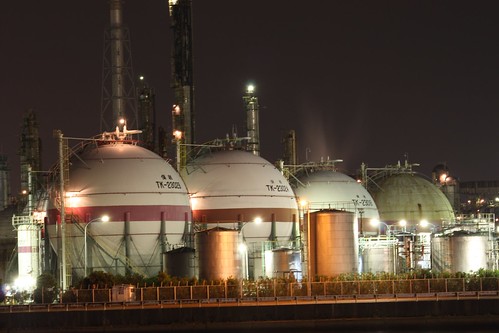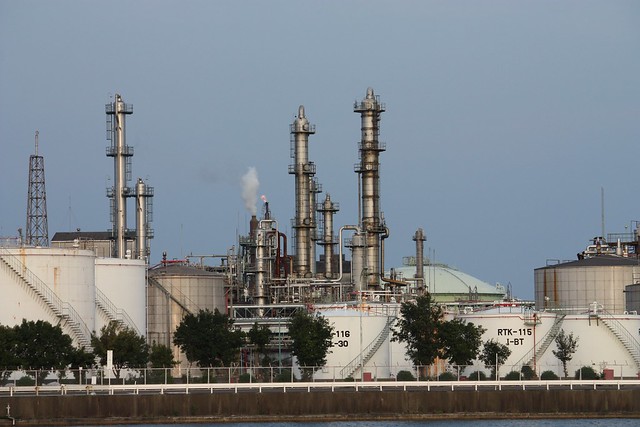Factory Nostalgia
 Photo courtesy of tabism.com
Photo courtesy of tabism.comNear the turn of the last century, Frederick Jackson Turner wrote his famous "frontier thesis": the idea that the frontier was what made Americans exceptional and unique - "the advance of the frontier has meant a steady movement away from the influence of Europe, a steady growth of independence on American lines. And to study this advance, the men who grew up under these conditions, and the political, economic, and social results of it, is to study the really American part of our history."
As many colonialist and racist problems as there are with Turner's frontier fetish, the idea still resonated. And that's probably because so many ordinary people behaved as though they agreed with Turner, whether or not they'd actually heard of him. For the entire subsequent century, Americans flooded into new frontiers of their own making: into suburban communities, into "ranch" homes on half-acre lots, into the nation's newly-dedicated national parks and forests.
America didn't start celebrating the wild frontier in earnest until it was already gone.
And now, at the turn of another century, we finally have something new - and newly lost - about which we can wax nostalgic: our industries.
 Photo by flickr user Kyota.
Photo by flickr user Kyota.In Japan, an increasing number of charter bus tours and cruises are taking tourists on “kojo-moe” (工場萌え), or "factory love" tours of the country's remaining industrial areas. At a time when an intransigent recession and cheaper competition from developing nations are taking their inevitable toll on Japanese industry, tourist groups are kindling their nostalgia for the country's mid-century industrial boom, and getting sentimental over the steel and concrete landscapes that built their nation.
 Yokkaichi oil refinery. Photo by flickr user Kyota.
Yokkaichi oil refinery. Photo by flickr user Kyota.And why should kojo-moe be limited to the Japanese? Isn't our cultural fascination with Detroit and all of its magnificent industrial ruins essentially the same thing? All the Japanese have done is come up with a name for it. "Factory love," the nostalgia that the 21st century feels for the 20th.
You can find many, many more "factory love" photos tagged on Flickr, here.




No comments:
Post a Comment